
It has now been six months since RSC Applied Interfaces published its first issue! To mark the occasion, we have been reflecting on some of the excellent articles that have been published so far in our journal and on the some of the other milestones we have reached so far this year.
Looking back at our first articles
Our Editorial Board members have been revisiting some of the first articles that were published in RSC Applied Interfaces. Hear from our Editor-in-Chief and Associate Editors as they discuss some of these articles in our recent blog series.
Welcoming our inaugural Advisory Board
We introduced our inaugural Advisory Board comprised of 22 internationally renowned researchers working across the fields of applied interfacial and surface science.

Find out more about our Advisory Board members and their current research interests in our blog series.
Community events
In April, we held our first in-person symposium to celebrate the launch of RSC Applied Interfaces. We were joined by the authors of some of our first articles who discussed their latest high-profile research.
We also held a “Meet the Editor” Showcase webinar in which our Editor-in-Chief, Federico Rosei, and Associate Editor, Jianbin Huang, discussed their work on the journal as well as their current research interests.
We look forward to hosting more events to engage with our community as the journal grows and develops.
Publish with us
Showcasing some of the excellent applied research published in RSC Applied Interfaces and RSC Applied Polymers, check out these article collections focusing on research that supports the advancement of several UN Sustainable Development Goals (SDGs).
- SDG3: Good Health and Well-Being
- SDG7: Affordable and Clean Energy
- SDG12: Responsible Production and Consumption
Does your research focus on these areas? Consider submitting your next high impact piece of work.
Meet our authors
Our authors have provided some excellent videos and interviews in which they discuss their articles and wider research. Explore our “Meet our Authors” series to find out more and submit your next piece of work to RSC Applied Interfaces to receive additional promotion for your research.
Latest journal news
RSC Applied Interfaces is now indexed in the Directory of Open Access Journals (DOAJ)! This is a mark of quality and trust, and it is the first step on our journey to ensure your research in the journal is as discoverable as possible.
Keep an eye on our journal webpage and sign up for our e-alerts to stay up-to-date with the latest journal news.


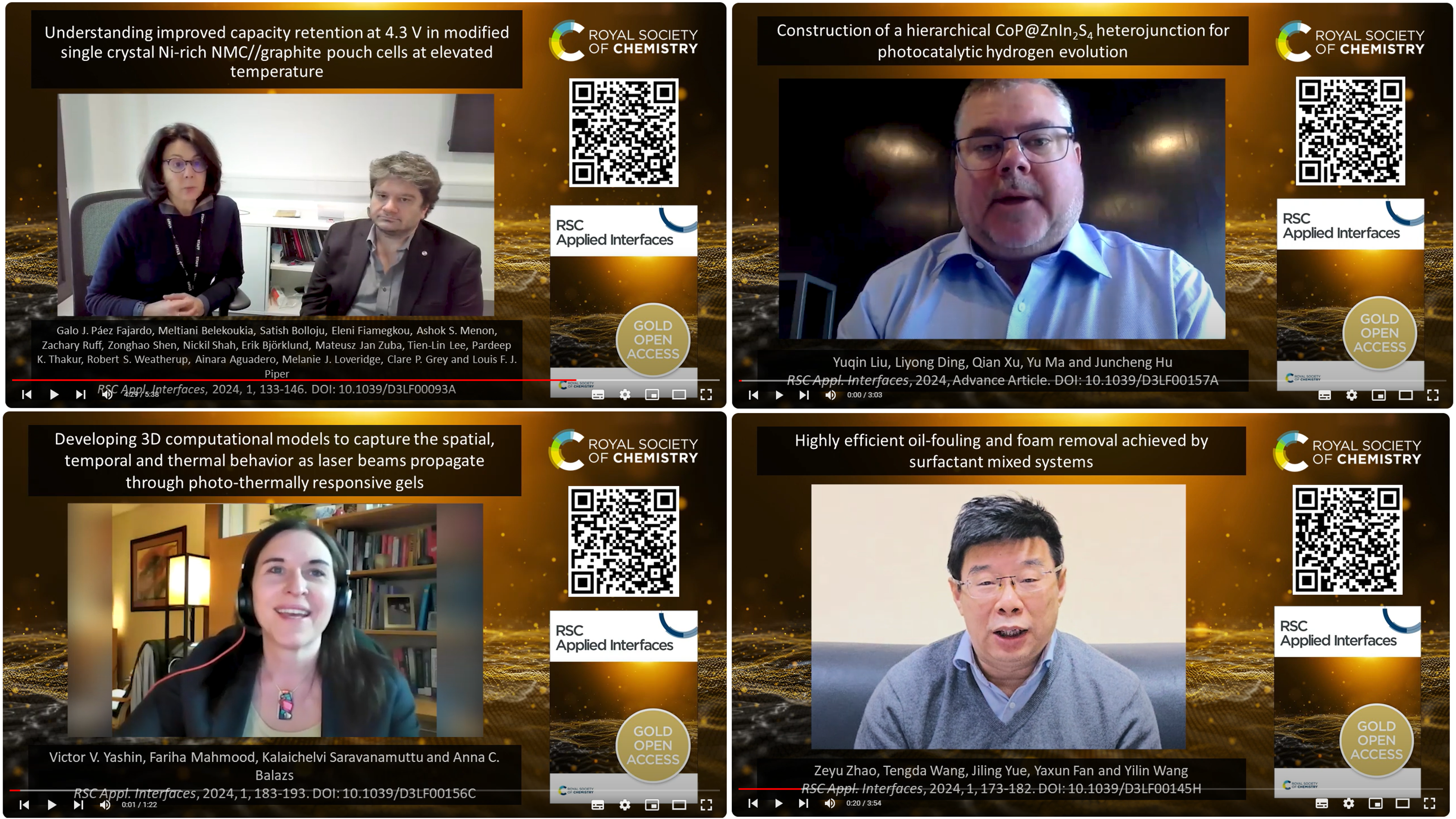


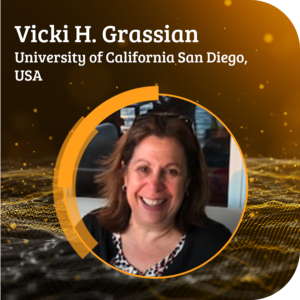

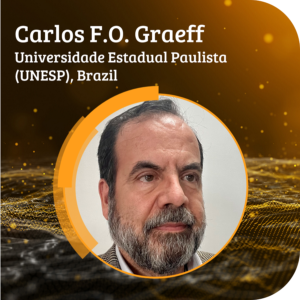
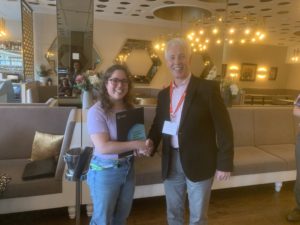
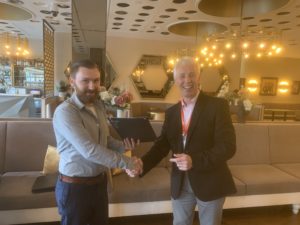





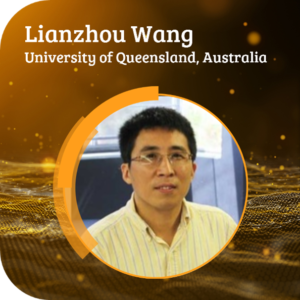

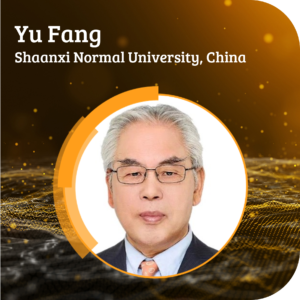


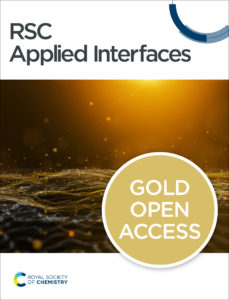
 Polyvinylpyrrolidone-mediated synthesis of ultra-stable gold nanoparticles in a nonaqueous choline chloride–urea deep eutectic solvent
Polyvinylpyrrolidone-mediated synthesis of ultra-stable gold nanoparticles in a nonaqueous choline chloride–urea deep eutectic solvent
